Being Dutch: What my heritage means to me
As part of a series about New Zealand’s Dutch diaspora, the Embassy of the Netherlands asked me to write a short piece about my Dutch heritage. It turned into an exploration of what my ancestry means to me, and how that has changed over the years.
My parents came to New Zealand in the early 1960s at the tail end of the big post-war migration from the Netherlands.
My father, who hails from Leiden, arrived on a converted troop ship; my mother, from a village near Eindhoven, came on an early commercial flight. The flight from Amsterdam to Auckland took three days.
I was born here but in my younger years most of our family friends were Dutch. I called them Oom and Tante [uncle and auntie] not realising my real relatives lived far away.
Apparently I came home from my first day at kindergarten complaining the other kids spoke some weird language I couldn’t understand.
Around that time my parents made a conscious decision to switch to speaking at English at home. That was an era when migrants were expected to assimilate, to leave behind the ways of the old country and become Kiwi.
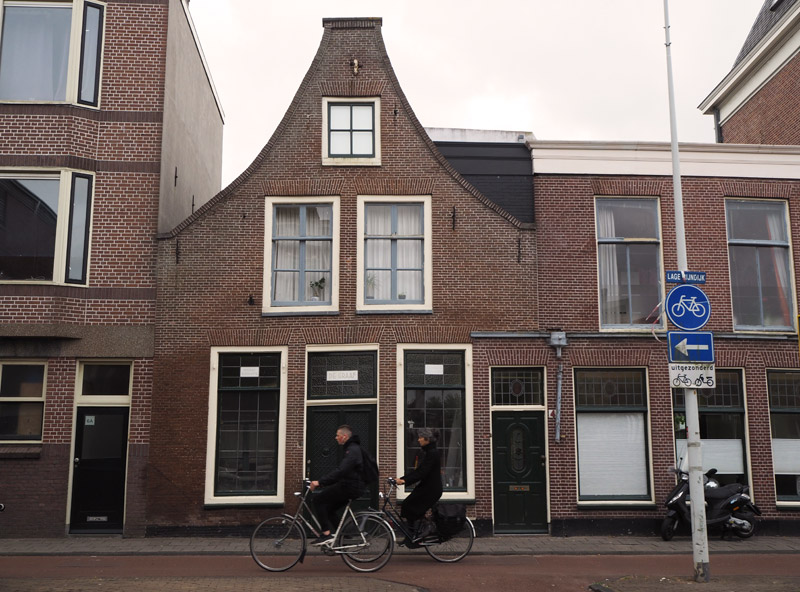
By the time I reached my teens I could still understand basic Dutch but I couldn’t say much more than dank je wel [thank you].
All the same we maintained contact with the Netherlands through long hand-written letters and Christmas parcels from Opa and Oma [grandpa and grandma] packed with Dutch delicacies such as zoute drop, stroopwafels and kokosbrood. Those were the days before Dutch shops so it was a big deal.
My parents were still Dutch citizens when I was born so when I turned 18 I had the right to apply for a Dutch passport.
That passport became one of my most prized possessions, opening doors that would otherwise have remained firmly shut. It also allowed me to work around Europe for more than a decade.
I finished university in the middle of a recession so, rather than sign up for the dole, I bought a one-way ticket to Amsterdam where I worked in a variety of jobs, saved money and met my relatives.
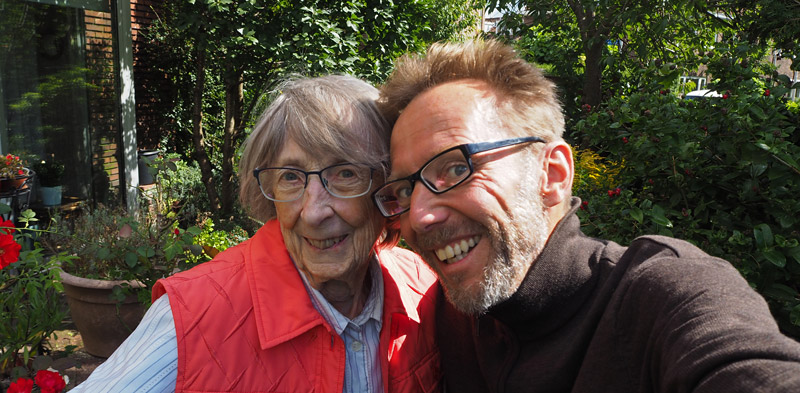
Discovering I have a huge family, and getting to know them all, has been one of the most rewarding experiences of my life. My cousins are awesome.
In the years since then I’ve watched their children grow up, and as they reached an age when it was their turn to explore the world, many of them have travelled to New Zealand to visit me.
While I lived in the Netherlands I tried hard to re-learn Dutch. I took evening classes at the Volksuniversiteit and tortured my relatives with my mangled grammar.
I can understand pretty much everything now but I still can’t express myself as well as I’d like, plus I have an accent that makes me cringe any time I hear my words played back to me. I have grudgingly accepted I’m stuck with it.
I feel envious when I see migrants nowadays. They are encouraged, even expected, to keep their own languages and customs alive. To integrate with New Zealand society, but not assimilate.

I sometimes think how much easier it would have been if I didn’t have to relearn Dutch as an adult — but then I remind myself that’s just how it was when I was growing up. Even if my parents had insisted on speaking Dutch at home I bet I would have answered in English.
I returned to New Zealand about 20 years ago and retrained as a journalist. It’s a job which often allows me to draw on my Dutch heritage.
I’ve enjoyed covering local Koninginnedag (and more recently Koningsdag) celebrations, occasional sightings of Sinterklaas, and stories such as the recognition of a Dutch war veteran 70 years after he was imprisoned by Japanese troops.
The longest-running and most rewarding story I’ve covered, however, has been the Dutch waka Te Hono ki Aotearoa [The Link to New Zealand].
This carved ceremonial canoe was built in the Far North by the late tohunga waka [master waka builder] Hekenukumai Busby for the Museum Volkenkunde in Leiden and handed over in 2010.
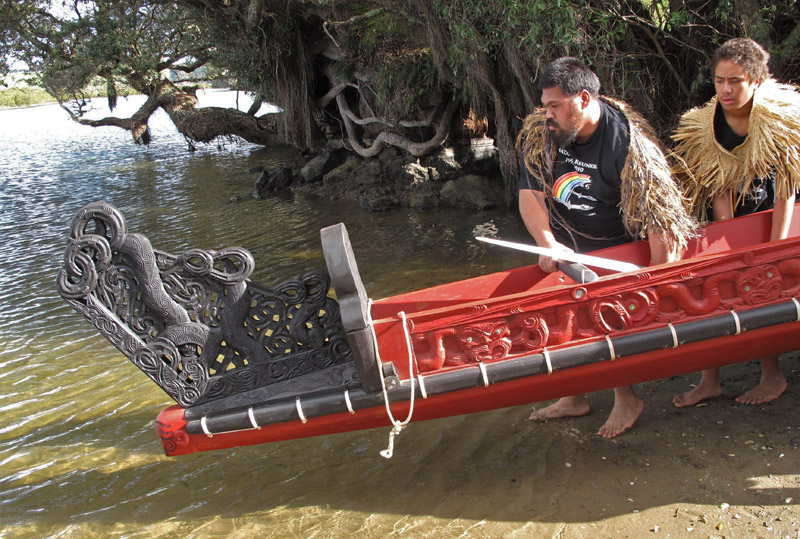
Since then the waka has become a living exhibit and the centrepiece of an ongoing cultural exchange between Māori and students of Leiden University’s Njord Royal Rowing Club, who crew and care for the canoe.
Until the Covid pandemic closed New Zealand’s borders Dutch students travelled to Waitangi every year to continue their training.
I’ve lost count of the number of stories I’ve done about this extraordinary project.
In 2016 I visited the waka group in Leiden to take part in a training session and find out what makes these Dutch students feel so connected with a culture that seems so far from their own. Read The far-reaching wake of the waka to find out what I learned.
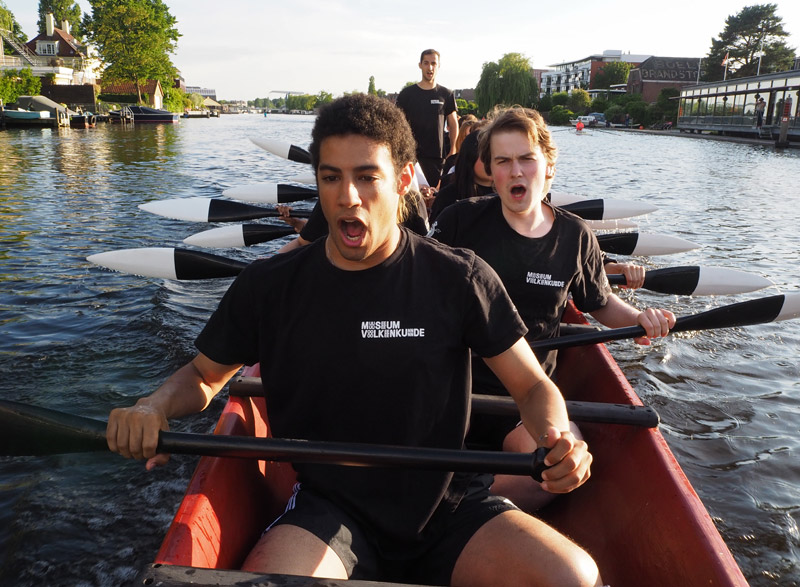
Since I returned to New Zealand I’ve thought of myself as both Dutch and a New Zealander.
This country is home but I’ll never be like the majority of Pākehā New Zealanders whose roots are in Britain.
When I was a schoolboy I was acutely aware of my difference — having a name no one could spell, eating hutspot instead of roast on Sundays, and being mystified by cricket and rugby — but these days I’m glad to be different and proud of my heritage.
A few years ago, however, my Dutch passport was revoked due to a law change in the Netherlands aiming to reduce the number of citizens with dual nationality.
By the time I found out it was too late to do anything about it.
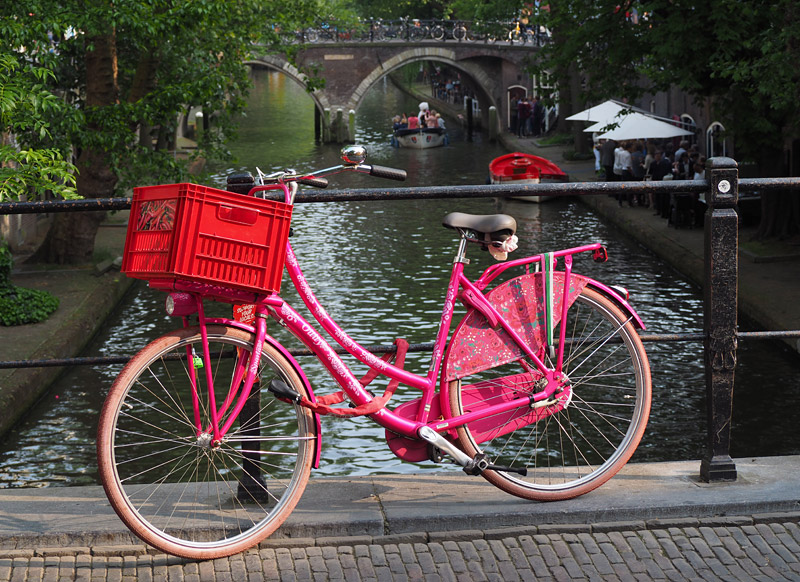
In 2020 a Dutch court ruled the new dual nationality law conflicts with European law, which gives me hope it may some day be reversed.
In the meantime it has forced me, once again, to ponder my identity.
Am I still Dutch if I’m not officially Dutch?
Can I still feel connected to a country which says I am no longer one of its own?
Or is “Dutchness” something deeper, a bond of language and ancestry that can’t be broken by the stroke of a law-maker’s pen?


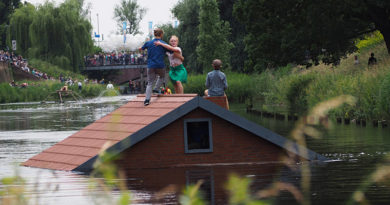
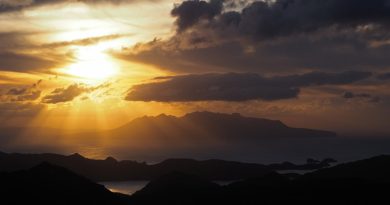

Peter, my first trip to NZ took 3 days. To feel the feeling of were do I really belong is a little different to me. I still have the feeling that I have ONE leg in the Netherlands and ONE leg in New Zealand. And the older I get the stronger that feeling gets, even the pull to the Netherlands is getting stronger. Probably because I still have so much family there. And old friends. But I am just too old now to go back. And when I was in the Netherlands for the last time, in 1991, I enjoyed being there but I realized I did NOT BELONG there anymore and I never BELONG here in NZ for 100% either. Mum
Peter, a good story ! One little correction: your mother ( my eldest sister) came not from a village near, but from Eindhoven itself ! Greetings, your uncle Winfried.
Hi Peter, this is a VERY GOOD story. And yes, it took us a long time to be able to speak English properly. When you and Miriam went to school it was thanks to YOU TWO that our English improved. But I don’t think we’ll ever lose our Dutch accent. We are often asked: Where do you come from? Dad feels embarrassed about it but I often say: “A’well, I am sure my English is better than your Dutch!” Mum